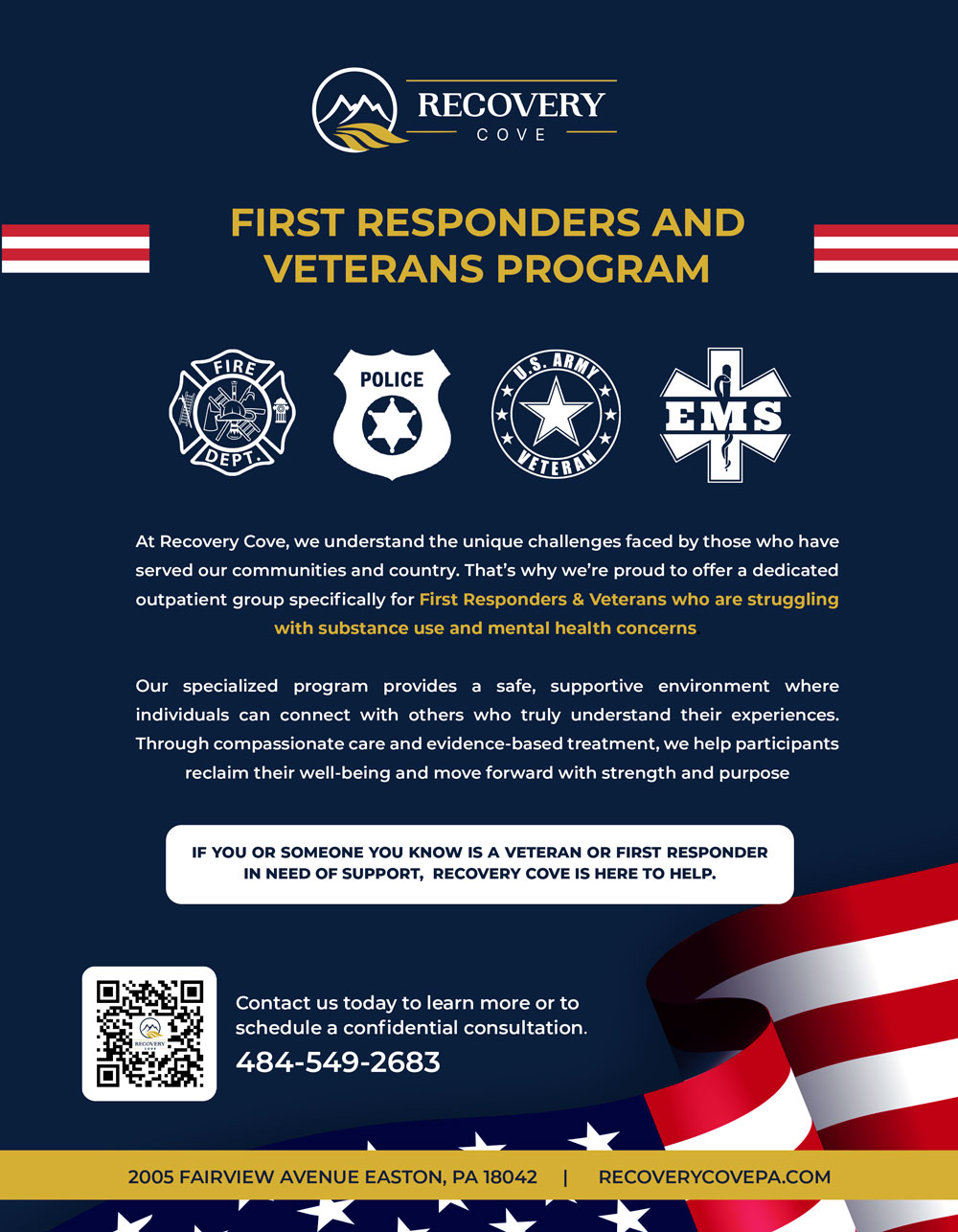Cocaine is a powerful stimulant that creates an intense high, but behind that brief euphoria are serious, long-lasting changes that occur in the brain. While many people are aware that cocaine is addictive, fewer understand exactly why and how it alters the brain’s chemistry.
At Recovery Cove, we believe that knowledge is a key part of healing. Understanding what cocaine does to the brain over time can help you recognize why quitting is difficult and the next steps to take. With the right tools and support, people can put their cocaine use behind them.
Let’s learn more about how cocaine use changes brain chemistry and what you need to overcome this problem and lead a healthier life.
The Brain on Cocaine: What Happens Right Away
Cocaine works by flooding the brain with dopamine, a chemical linked to pleasure and reward. Normally, dopamine is released during enjoyable activities (like eating, exercising, or achieving goals), then quickly recycled by the brain.
But cocaine blocks the brain’s ability to reabsorb dopamine, causing it to build up. This leads to intense euphoria, increased energy and confidence, and heightened alertness. This sudden dopamine surge tricks the brain into associating cocaine use with extreme reward. Over time, this reward pathway becomes wired to crave the substance, setting the stage for a cocaine addiction.
Long-Term Use: Rewiring the Brain
The more frequently someone uses cocaine, the more their brain chemistry starts to change. Here’s how this cycle happens:
Decreased Dopamine Production
The brain begins to produce less dopamine naturally because it has been overstimulated by cocaine. This means that everyday pleasures (like food, relationships, or hobbies) feel dull or meaningless. No wonder why it’s so difficult to quit—nothing else seems to bring pleasure but the cocaine. Less dopamine also decreases motivation and emotional regulation, allowing depression and anxiety to set in.
Damaged Receptors
Another problem with cocaine is that it damages the dopamine receptors in the brain, making it harder to feel pleasure without the drug. This is known as anhedonia, a common symptom in long-term users. People with anhedonia might say things like, “Nothing excites me anymore,” or “I don’t feel connected to anyone.” Anhedonia is treatable with therapy, medication, lifestyle changes, and treatment for co-occurring disorders.
Changes in Brain Structure
Over time, cocaine use can physically alter areas of the brain involved in decision-making and impulse control (prefrontal cortex), memory and learning (hippocampus), and stress and emotion regulation (amygdala). These changes make it harder to resist cravings and can contribute to repeated cycles of relapse.
Why Quitting Isn’t Just a Willpower Issue
Because of these brain changes, quitting cocaine isn’t just about “deciding to stop.” The brain becomes dependent on the drug to function, and withdrawal can bring intense symptoms like fatigue, depression, sleep troubles, mood swings, and cravings. Professional treatment can help stabilize brain chemistry, teach healthier coping skills, and support long-term recovery.
The good news is that the brain is resilient. With time, support, and the right treatment strategies, many of the changes caused by cocaine use can be reversed, or at least managed. Recovery Cove offers a wide range of evidence-based approaches such as individual and group therapy, dual diagnosis, relapse prevention tools, and holistic support for the mind, body, and spirit.
In other words, we don’t just help you quit cocaine, but assist with building a meaningful, fulfilling life without substances.
Final Thoughts
Cocaine may feel powerful in the moment, but its long-term impact on your brain can be devastating. The sooner you seek help, the better your chances of recovery and healing.
If you or someone you love is struggling with cocaine use, Recovery Cove is here to help. Reach out today at 484-549-COVE for compassionate, personalized care that meets you where you are.







